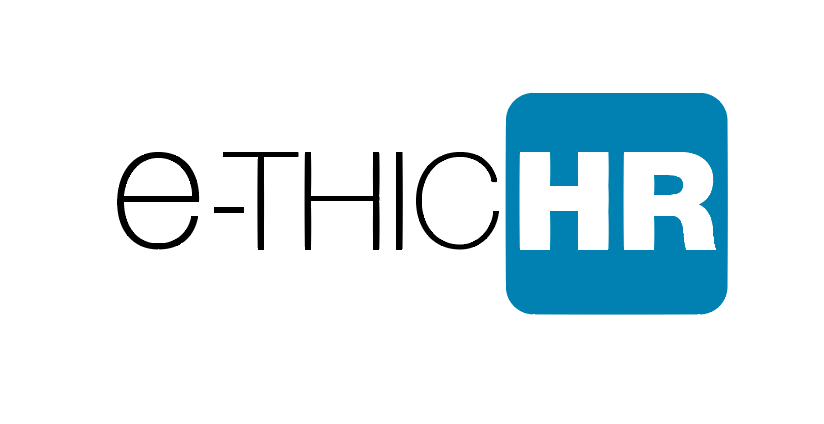A recent study, published by Proceedings of the National Academy of Sciences, finds that managers of both sexes are twice as likely to hire a man as a woman. The study, conducted by business-school professors from Columbia University, Northwestern University, and the University of Chicago, asked male and female managers to recruit people to handle simple mathematical tasks. The applicants had equal skills, but managers of both genders were more likely to hire men. The male candidates boasted about their abilities, while women downplayed their talents, but the managers didn’t compensate for the difference when making hiring decisions. When the managers were explicitly shown the women could perform the tasks just as well as the men, the result was still that men were 1.5 times more likely to be hired. Even worse, when managers hired a job applicant who performed worse on the test than a fellow candidate, two-thirds of the time the lesser candidate was a man.
Change your hiring systems
If gender bias runs deep in the corporate world, that means HR policies are often rife with bias too. Wittenberg-Cox, CEO of gender consulting firm 20-first, writes that many large companies consider “ambition” to be an important character trait for their leadership candidates. When candidates are seen as “ambitious,” they’re usually boasting, or overselling their talents–a trait studies have shown to be predominately male, she writes. Hiring managers typically believe erroneously that the most self-promotional candidates are objectively the best. “This does not make room to develop the majority of today’s talent for tomorrow’s world. Nor allow a variety of leadership styles to co-exist,” she adds.
Read more on this topic in “How to Remove Gender Bias From the Hiring Process” written by Will Yakowicz

